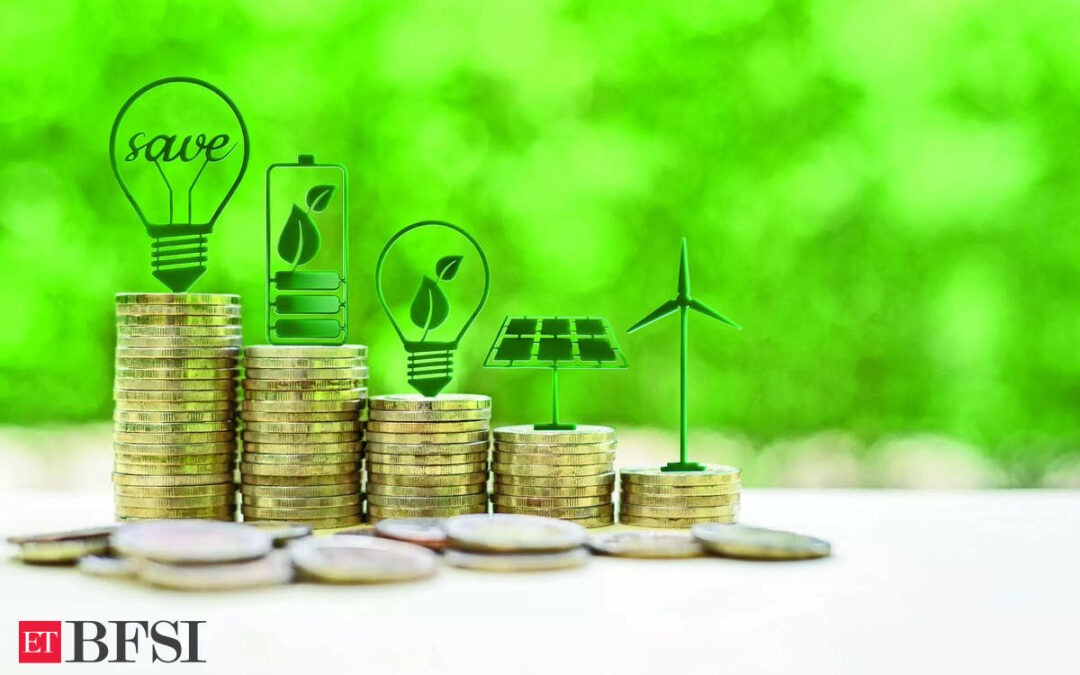The ‘Framework for Sovereign Green Bonds’ released in 2022 has enabled the mobilisation of resources from diversified investors for green projects, deepening the bond market. The framework has been rated as ‘Medium Green’ with a ‘Good’ governance score by CICERO, a Norway-based Second Party Opinion provider, highlighting India’s credibility and readiness to issue sovereign green bonds, revealed the Economic Survey on Monday.
The Government undertook the issue of sovereign green bonds amounting to Rs 16,000 Crore in January-February 2023
to raise proceeds for public sector projects that would contribute to the efforts to reduce the intensity of the economy’s emissions, followed by Rs 20,000 Crore raised through sovereign green bonds in October-December 2023.
Further, RBI has implemented the Framework for Acceptance of Green Deposits for the Regulated Entities to foster and develop a green finance ecosystem in the country.
ALSO READ: Economic Survey 2024 cautions on heightened stock market activities & retail investor participation
In addition, the RBI promotes renewable energy through its Priority Sector Lending (PSL) rules. The notified PSL rules by RBI facilitate concessional credit for renewable energy generation and certain mitigation projects, the survey highlighted.
This includes, for example, bank loans up to a limit of ₹30 Crore to borrowers for purposes like solar-based power generators, biomass-based power generators, windmills, and micro-hydel plants. Non-conventional energy-based public utilities, such as street lighting systems and remote village electrification, are also eligible for priority sector classification per the notification.
ALSO READ: Economic Survey 2024: Indian economy likely to grow at 6.5-7% in FY25
ESG – BRSR
SEBI has been one of the early adopters of sustainability reporting for listed entities and has required mandatory ESG-related disclosures for the top 100 listed entities (by market capitalisation) since 2012. Over the years, SEBI strengthened the reporting to cover the top 500 and then the top 1000 entities, said the survey.
SEBI issued new sustainability reporting requirements under the Business Responsibility and Sustainability Report (BRSR), which are more granular with quantifiable metrics in line with the principles ensconced in the ‘National Guidelines on Responsible Business Conduct’.
The BRSR was mandatory for the top 1000 listed entities (by market capitalisation) from 2022–23. In July 2023, the SEBI also introduced the BRSR core for ESG disclosures for value chains. From 2024-25, these disclosure requirements apply to the top 250 listed companies and will be extended to the 1000 top-listed entities in a phased manner by 2026-27, the survey added.
ALSO READ: Economic Survey 2024: India third largest fintech economy, a cornerstone to help achieve financial inclusion
The value chain shall encompass a listed entity’s top upstream and downstream partners, cumulatively comprising 75 per cent of its purchases/sales (by value), respectively. The BRSR Core is a sub-set of the BRSR, consisting of a set of Key Performance Indicators (KPIs)/metrics under specific ESG attributes.











